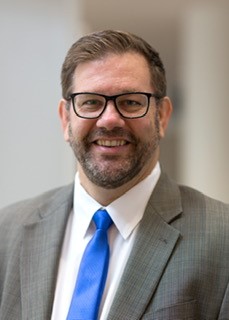The term cancel culture has come into common usage in recent years, but what does it mean in the context of medical and health professions education? During a problem-solving session at the 2024 Generalists in Medical Education conference, Frank Bailey suggested that cancel culture involves public criticism and social ostracism, often mediated through social media platforms. At its core, cancel culture refers to the practice of withdrawing support for individuals or institutions after they have done or said something considered objectionable or offensive.
Strategies to Mitigate the Impact of Cancel Culture
The fear of withdrawn support can have negative impacts on mental health and professional development. Expressing an unfavorable perspective, like inadvertently saying or not saying something can be considered catastrophic and lead to fear of expressing dissenting opinions and reluctance to engage in constructive criticism. To mitigate the impact of cancel culture in health professions education, educators can implement a variety of strategies that support psychological safety discussed in past #MedEdPearls and detailed in the strategies below. Psychological safety is the belief that one will not be punished or humiliated for speaking up with ideas, questions, concerns, or mistakes.
Here are some strategies to consider:
Create Psychological Safety: Educators should foster an environment where students and faculty feel safe to express diverse opinions without fear of repercussions. This involves promoting open dialogue and ensuring that all voices are heard and respected.
Promote Constructive Criticism: Encourage a culture of constructive feedback where criticism is seen as a tool for growth rather than a personal attack. Role modeling this can help learners develop resilience and improve their skills without fear of being "canceled".
Support Well-being: Institutions should provide resources and support systems to help learners and instructors manage stress and maintain their mental health. This includes access to counseling services, communities of practice, peer support groups, and mentorship programs.
Leverage Peer Support and Mentorship: Peer support and mentorship can play a crucial role in helping learners navigate the challenges of cancel culture. Mentors can provide guidance, share experiences, and offer emotional support while peer groups can create a sense of community and belonging.
By implementing these strategies, the medical and health professions education community can create a supportive and inclusive environment that mitigates the negative effects of cancel culture and promotes learning and growth. “How have you experienced and/or combatted cancel culture at your institution? Share your ideas via LinkedIn at #MedEdPearls!
#MedEdPearls are developed monthly by the health professions educator developers on educational affairs. Previous #MedEdPearls explored designing transforming transitions, providing effective feedback, and mutual mentoring.

Larry Hurtubise, Ph.D. (2.0, ’16) is a curriculum and instruction consultant at the Michael V. Drake Institute for Teaching and Learning at The Ohio State University. Larry’s areas of professional interest include the professional development of clinician educators, health professions education research, and educational technology. Larry can be followed on LinkedIn or contacted via email.
#MedEdPearls

Jean Bailey, PhD – Virginia Commonwealth University School of Medicine
Rachel Moquin, EdD, MA – Washington University School of Medicine

